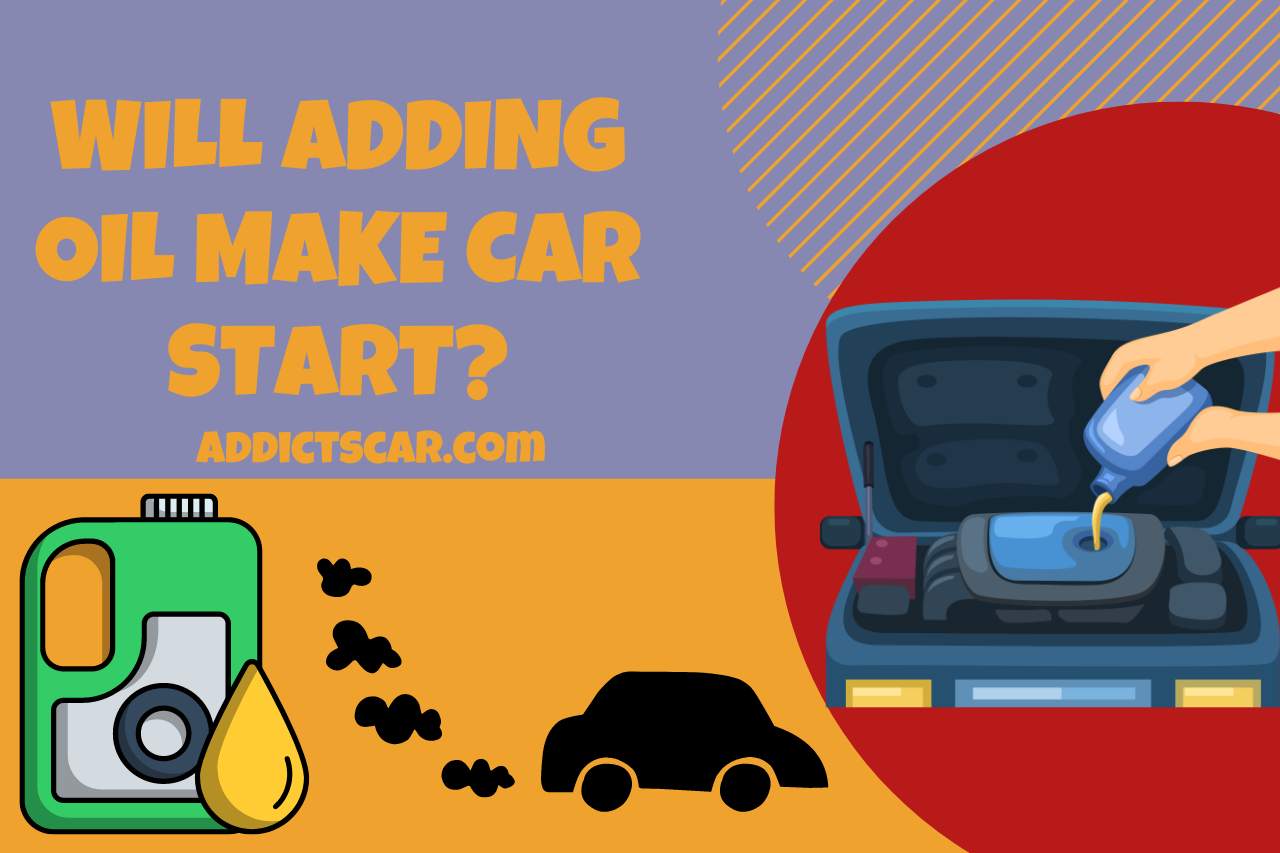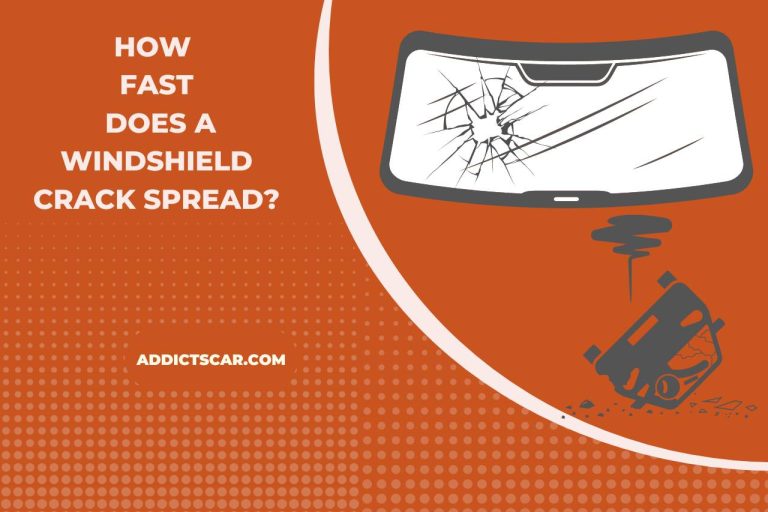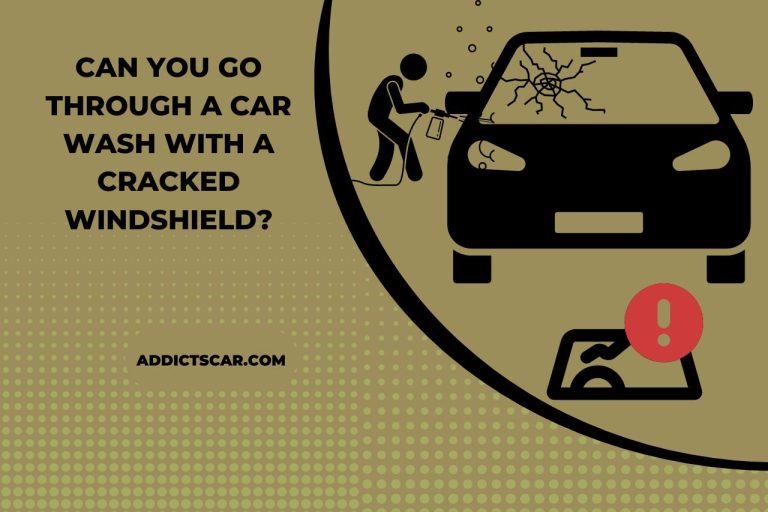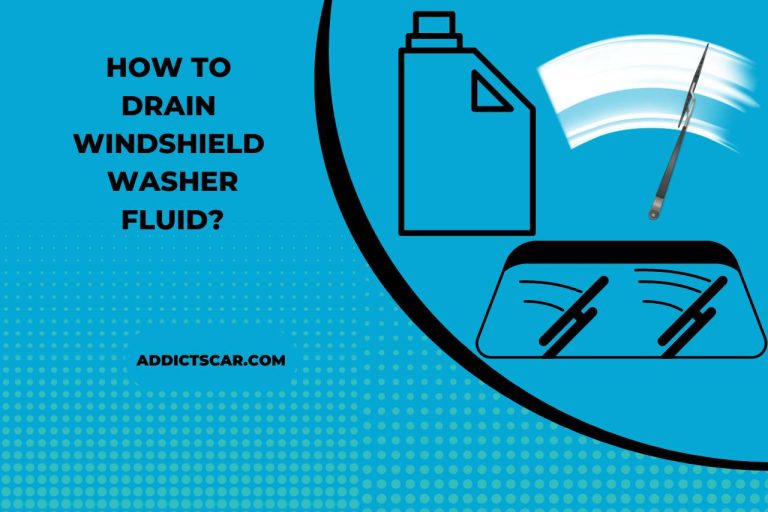Will Adding Oil Make the Car Start? Unveiling the Link!
Few things in the world of cars are as annoying as a car that will not start. Many individuals question if an easy repair for that issue when provided with this situation is the subject of whether adding oil will amazingly bring a dead vehicle back to life. Oil is essential for lubricating and maintaining the engine, but will adding oil make the car start? Let’s explore the inner workings of vehicles in detail to learn the reality.
Can a Low Oil Level Prevent a Car from Starting?
Because low oil levels can harm a car’s engine, a common one of those impacts is making the car impossible to start. Oil’s main job is to lubricate the movable components of the engine; this lowers heat and friction.
The beginning procedure is unaffected, but a lack of oil can cause greater friction, overheating, and long-term damage.
The battery, starter motor, ignition system, and fuel supply are the four main parts that play a role in starting a car.
These components start the combustion process that fuels the engine. The engine’s smooth running is an indirect benefit of oil; its level alone has no impact on the car’s ability to start.
It’s crucial to remember that low oil levels could indicate a deeper problem that might lead to starting issues.
For example, a serious oil leak or a broken oil pressure sensor might result in other engine issues that ultimately prevent the car from starting.
As a result, while low oil levels alone might not immediately result in starting problems, it is essential to maintain correct oil levels to avoid potential engine problems that can delay the starting process.
Does Adding Oil Improve a Non-starting Car’s Chances of Starting?
The likelihood that a non-starting automobile would start is not considerably increased by adding oil unless the oil shortage was the original cause of the issue.
Oil is essential to lubricate the engine’s moving parts, lower friction, and avoid overheating. Starting troubles are frequently caused by other elements like a damaged ignition system, a difficulty with the fuel supply system, or a weak battery.
Adding oil will only solve the fundamental problem of stopping the car from starting if the engine is turning over or no sounds suggest the starter motor is engaged. It’s essential to identify the main reason for the issue: a broken starter motor, a dead battery, or a fuel-related problem.
If the non-starting issue is caused by low oil levels or another oil-related issue, adding oil could help. The fundamental cause of the low oil levels or oil-related issues must be found and fixed to maintain proper engine operation and avert further starting problems.
What should you Do If your Car doesn’t Start?
There are a few steps you can take to troubleshoot a car that will not start:
- Check the Battery: A battery check ensures they are clean and secure, and inspect the battery connections. If the battery appears weak, try jumping the car using jumper wires and a moving vehicle. It may indicate that the battery needs to be changed if it works.
- Verify the Fuel Level: Ensure you have enough petrol in the vehicle. The starting issue is likely caused by an empty tank or a fault with the fuel gauge.
- Listen for Unusual Sounds: Turn the key and listen for strange noises. A faulty starting motor or a weak battery may cause the clicking noise you hear. If there are no sounds, the ignition system may have a problem.
- Check the Ignition System: A manual gearbox must have the clutch fully depressed, or the vehicle must be in “Park” or “Neutral” for automatic transmissions. The car may not start due to faulty ignition switches, ignition coils, or spark plugs.
- Consult a Specialist: If you’ve tried all the basic troubleshooting techniques and the car still fails to start, you should probably call an experienced repair for advice. They can conduct a complete diagnosis, find the root of the problem, and make the required repairs.
Remember to prevent any harm or injury. It is recommended to contact a professional if you are unsure or uncomfortable executing these steps yourself.
How Long should I Wait to Start my Car After Adding Oil?
You commonly don’t need to wait a set period before starting your vehicle after adding oil. When the oil is applied, it starts to circulate through the engine, lubricating and protecting it.
To make sure that the oil level is still within the advised range. Checking the oil level on the dipstick after adding oil is a good idea.
You can start your vehicle immediately if the oil level is enough. You must follow the manufacturer’s recommendations for oil type, oil capacity, and regular oil change periods. It is useful to maintain the functionality and health of your vehicle engine.
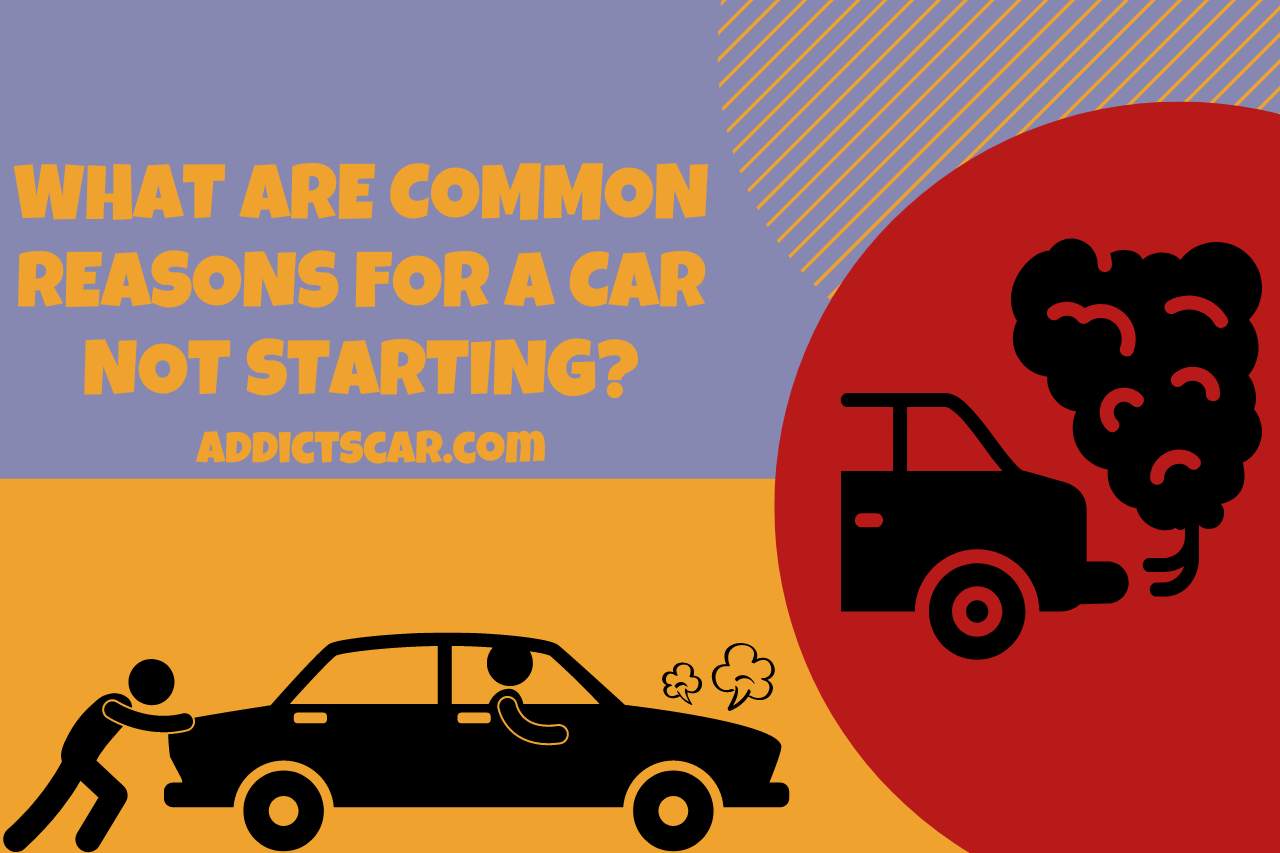
What are Common Reasons for a Car Not Starting?
A vehicle may not start for a variety of common reasons. Here are a few possible reasons:
- Dead or Weak Battery: A dead or weak battery is a typical reason a vehicle doesn’t start. It can be due to having left the lights on, your charging system is broken, or your battery is getting old and has to be replaced.
- Faulty Starter Motor: A faulty starter motor could make it impossible for the engine to turn over and start. Turning the key and experiencing a clicking sound could mean the starter motor is broken.
- Problems with Fuel Delivery: Starting issues might result from a lack of fuel or issues with the fuel pump, fuel filter, or injectors. Fuel flow to the engine can be affected by a blocked fuel filter or a broken fuel pump.
- Ignition System Issues: Defective ignition switches, coils, spark plugs, or ignition modules could cause problems with the spark necessary for combustion making it difficult to start the vehicle.
- Engine Sensors or Computer Problems: Several sensors, including the crankshaft position sensor and the camshaft position sensor, are essential for starting the engine. The starting procedure may be delayed by malfunctioning sensors or problems with the engine’s computer system.
- Faulty Fuel System: Problems like vapour lock in which gasoline transforms into vapour before reaching the engine can happen in hot weather or due to fuel line issues.
Problems with the starter relay or solenoid can prevent the starter motor from engaging, which results in a non-starting vehicle.
Keep in mind that these are a few typical causes. Determining the precise cause may need expert advice.
It is advised to seek the advice of a qualified mechanic who can identify the exact problem if the vehicle does not start.
Can Regular Maintenance Prevent Car Starting Issues?
Routine maintenance can help avoid vehicle starting problems. You can keep your car in good condition according to the manufacturer’s suggested maintenance schedules, including routine oil changes, spark plug replacement, filter and replacement, and battery inspection.
These preventative procedures ensure the proper operation of the parts associated with the beginning process by assisting in identifying and resolving any problems before they become more serious.
Regular maintenance also enables early diagnosis of battery or electrical system difficulties which are frequent reasons for starting troubles.
Investing in routine maintenance may boost the probability that your vehicle will start efficiently and without incident.
Watch this one,
Video Credits – Castrol
You May Also Like

